**Note: This page is for educational inspiration and is not officially affiliated with Neurodiversity Celebration Week. For official information, themes, and resources, please visit the Neurodiversity Celebration Week website: www.neurodiversitycelebrationweek.com.
Monday 16th - Sunday 22nd March 2026
Understanding Neurodiversity Celebration Week in EYFS & KS1
Let's celebrate all the amazing and unique ways our brains work! 🧠✨ Neurodiversity Celebration Week is a worldwide initiative that challenges old ideas and misunderstandings about how different brains work. It wants to change how we see and support people who are neurodivergent (meaning their brains are wired a bit differently, like those with autism, ADHD, or dyslexia). This week gives schools, universities, and other groups a chance to see and celebrate the many talents and strengths that come from being neurodivergent. It's all about celebrating the great things about different ways of thinking and learning, helping us build a more welcoming and fair society for everyone.
For early years settings, nurseries, preschools, childminders, and Year 1 and Year 2 classrooms, this week provides a wonderful and essential theme for exploring diversity, inclusion, fairness, empathy, personal, social & emotional development (PSED), and understanding ourselves and others. It's about helping children appreciate that just as we all look different on the outside, our brains also work in many different and wonderful ways. This helps build a culture of acceptance and respect from a young age. This week offers fantastic planning ideas and inspiration for engaging activities that truly resonate with young minds, making learning about differences and celebrating everyone both heart-warming and foundational.
Why Is Celebrating Neurodiversity Important for Young Children?
Integrating Neurodiversity Celebration Week and lessons about different ways of thinking and learning into your practice with young children (aged 0-7) is incredibly important for fostering empathy, promoting inclusion, and building a truly accepting community.
Promotes Acceptance and Inclusion: Teaches children that everyone is unique and special, and that different ways of thinking are to be celebrated, not just tolerated.
Builds Empathy: Helps children understand that others might experience the world differently, fostering kindness and understanding.
Challenges Stereotypes: Breaks down early misconceptions about neurological differences, promoting a positive view of neurodivergent individuals.
Boosts Self-Esteem: For neurodivergent children, seeing their differences celebrated can significantly improve their self-worth and sense of belonging. For all children, it teaches them to embrace their own unique strengths.
Supports Communication: Encourages awareness of different communication styles and the use of diverse supports (like visual aids).
Creates a Welcoming Environment: Helps educators build a more inclusive learning space that accommodates various learning styles and needs.
Engaging Neurodiversity Celebration Activities for EYFS & KS1 (0-7 Year Olds)
Let's open our minds and hearts to celebrate all the wonderful ways our brains work for Neurodiversity Celebration Week with these planning ideas and activities perfect for EYFS and KS1 children. The focus is on embracing differences, promoting understanding, and creating a truly inclusive environment! Many of these early years and year 1 activities can be supported by our dedicated 'SEND', 'Fairness', 'All About Me', 'Emotions and Feelings', 'Kindness and Friendship', and 'Mental Health' resources.
Here's some inspiration for fostering a neuroinclusive setting: (Please use your own discretion and knowledge of your children to ensure appropriateness of each activity and safety concerning any materials given and activity undertaken.)
Celebrate Uniqueness (All About Me): Start with 'All About Me' activities. Talk about how everyone is different – we have different hair colours, favourite foods, and different ways we think and learn. Use this to introduce the idea that our brains are also unique.
Visual Supports for Everyone: Introduce and use visual communication aids for all children, showing how they help everyone understand their day and express themselves.
Display 'Picture Communication - 'Our Day Today' Banner'.
Use 'Picture Communication - What's Happening? Visual Support Boards - First/Then Now/Next (Free Sample)' and 'Picture Communication - What's Happening? Visual Support Boards - First/Then Now/Next'.
Explore 'Picture Communication Cards - Key Phrases', 'Picture Communication Fans - Key Phrases', and 'Picture Communication Mat - Key Phrases'.
Implement visual timetables: 'Picture Communication Cards - Classroom/Setting Visual Timetable’
Understanding Feelings and Needs: Discuss how we all feel things differently and how we can support each other.
Use 'Picture Communication - 'I Feel' Visual Support Board' to help children express emotions.
Explore 'Send - How Does The Activity Make You Feel?' to encourage self-reflection.
Introduce basic ideas about sensory preferences with ‘Send - Sensory Preference Cards', and discuss our senses with 'Send - Sensory Systems Poster'.
Gently introduce concepts like 'Send - Meltdowns And Shutdowns - Posters' and 'Send - Autism Traits - Posters' in an age-appropriate, understanding way, focusing on helping children recognise and respond with kindness.
Fairness and Inclusion: Focus on the importance of fairness and making sure everyone feels included and valued.
Use 'Fairness - Which Is Fairer? - Posters' to spark conversations.
Engage with 'Fairness - Draw A Fairer Version - Sheets' and 'Fairness - Making It Fairer - Drawing/Writing' to explore concepts of equity.
Stories of Different Brains: Read books that feature neurodivergent characters or celebrate different ways of learning and thinking. This can help normalise differences and build empathy.
Problem-Solving & Collaboration: Engage children in activities where they need to work together, valuing different ideas and approaches to find solutions.
Sensory Play: Provide a range of sensory experiences, acknowledging that different children will enjoy different textures, sounds, and movements.
Role-Playing Being Helpful: Role-play scenarios where children help a friend who might be struggling or needs a different kind of support. This links to our 'Kindness and Friendship' and 'People Who Help Us' themes.
EYFS Framework & SEND Code of Practice: For educators, review the relevant guidelines: 'EYFS Framework - Send Code Of Practice 0 To 25 Years (Free)' and 'EYFS Framework - Early Years: Guide To The 0 To 25 Send Code Of Practice (Free)'. This ensures your practice is informed and inclusive.
Explore More: Visit our ‘Autism’ hub page for additional information and resources. (Additional ‘Neurodiversity’ hub pages coming soon!) You may also like to explore additional pages covering relevant and/or connected themes such as ‘Emotions and Feelings’, ‘Families’, ‘All About Me’ and ‘Mental Health’ – as understanding ourselves and others is key to neurodiversity. You may also find our ‘Picture Communication’, ‘Timetables & Routines’ and ‘Transitions’ pages valuable.
These activities offer great inspiration for making Neurodiversity Celebration Week a memorable and impactful experience in your early years and Key Stage One setting, fostering acceptance, empathy, inclusion, and a deep appreciation for the diverse ways our brains make us uniquely wonderful.
To explore ideas surrounding additional early years events, please visit our 'Special Dates Calendar' page.
Printable resources to support teaching & learning surrounding: ‘Neurodiversity Celebration Week’
‘Neurodiversity’ educational resources for EYFS and KS1:
(More resources coming soon!)
‘Fairness’ educational resources for EYFS and KS1:
Visit our ‘Autism’ hub page for additional information and resources:
Additional ‘Neurodiversity’ hub pages coming soon!
Additional Pages you may like to explore which cover relevant &/or Connected themes
More Early Years Event Pages for March
Explore special dates (including awareness dates, festivals, celebrations & events) relevant to your EYFS & KS1 children
Browse our ‘Special Dates Calendar’ page using the link below. You’ll find calendars for every month of the year to aid your planning!
SEARCH ‘LITTLE OWLS Resources’ USING THE FOLLOWING MENU BUTTONS…
Disclaimer:
This page is for educational purposes only and is intended to support early years and primary practitioners with ideas and resources related to 'World Sleep Day'. We are not officially affiliated with or endorsed by the World Sleep Society, which organises this event. We do not claim any rights to specific trademarks or official materials associated with this event. For official information, themes, and to learn more about the importance of sleep for global health, please visit their website at www.worldsleepday.org.


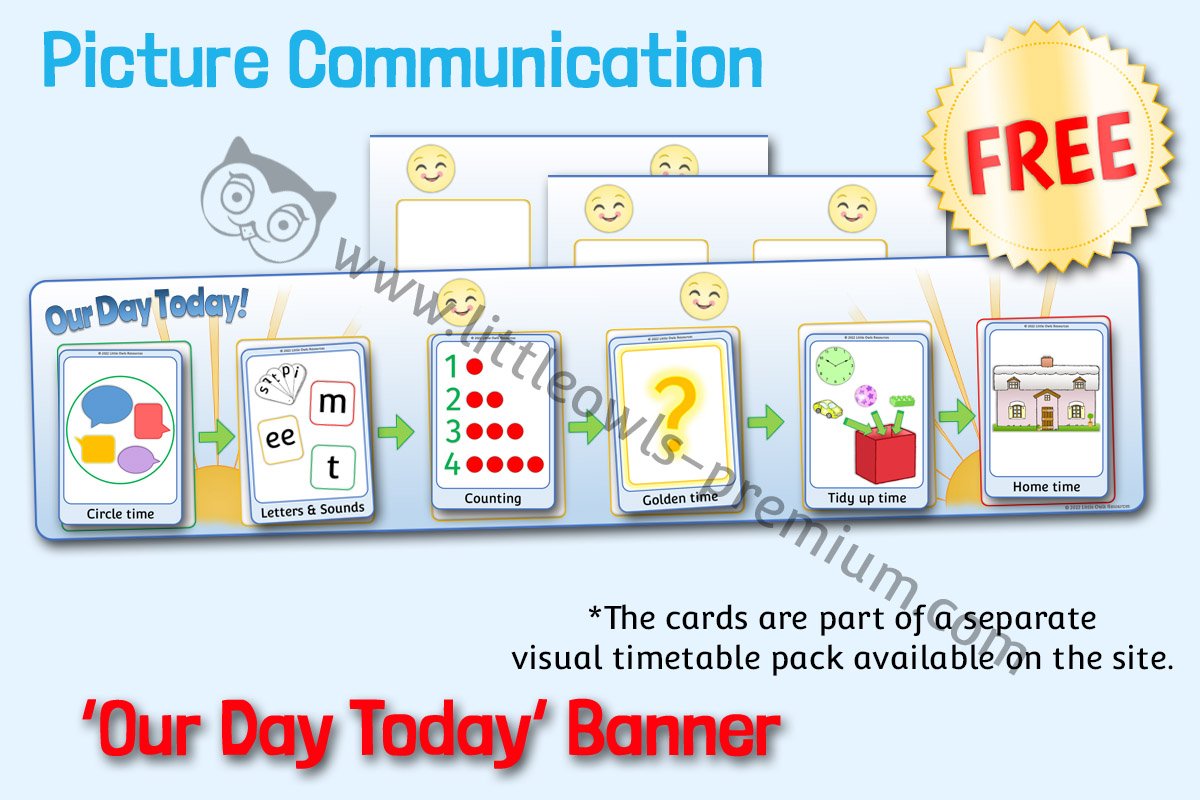



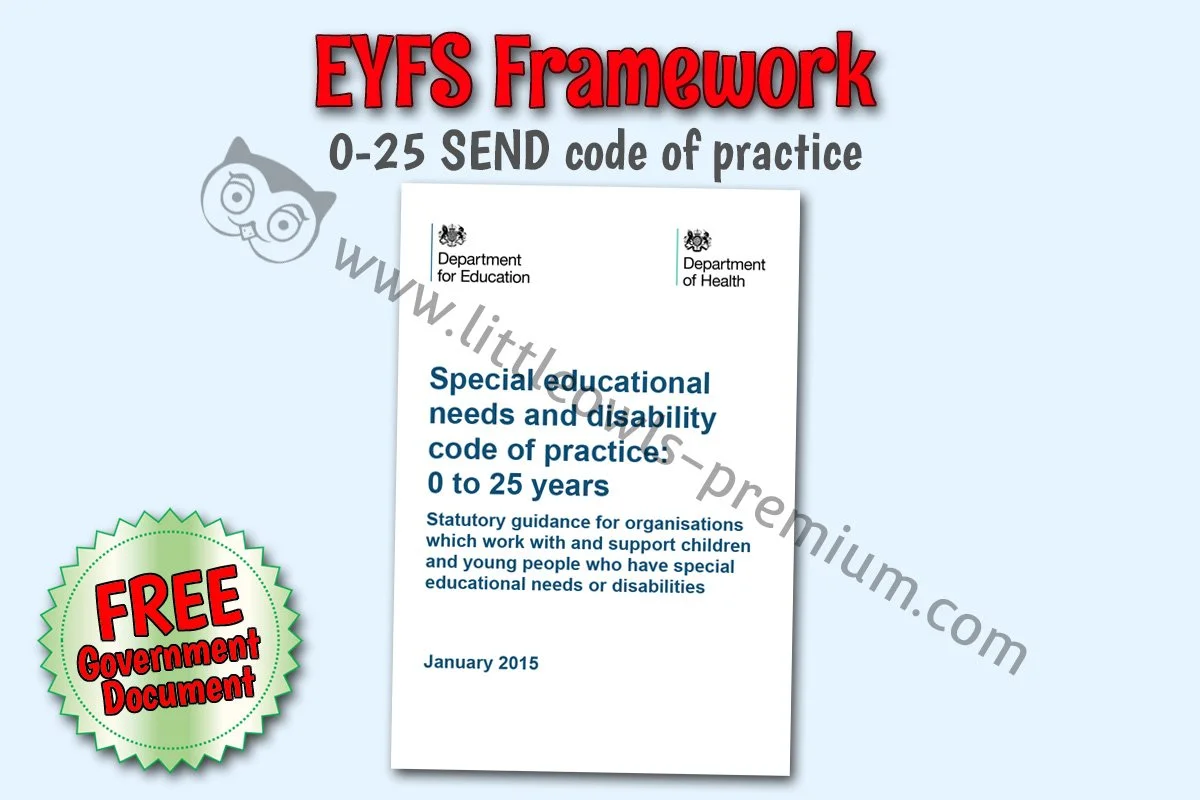


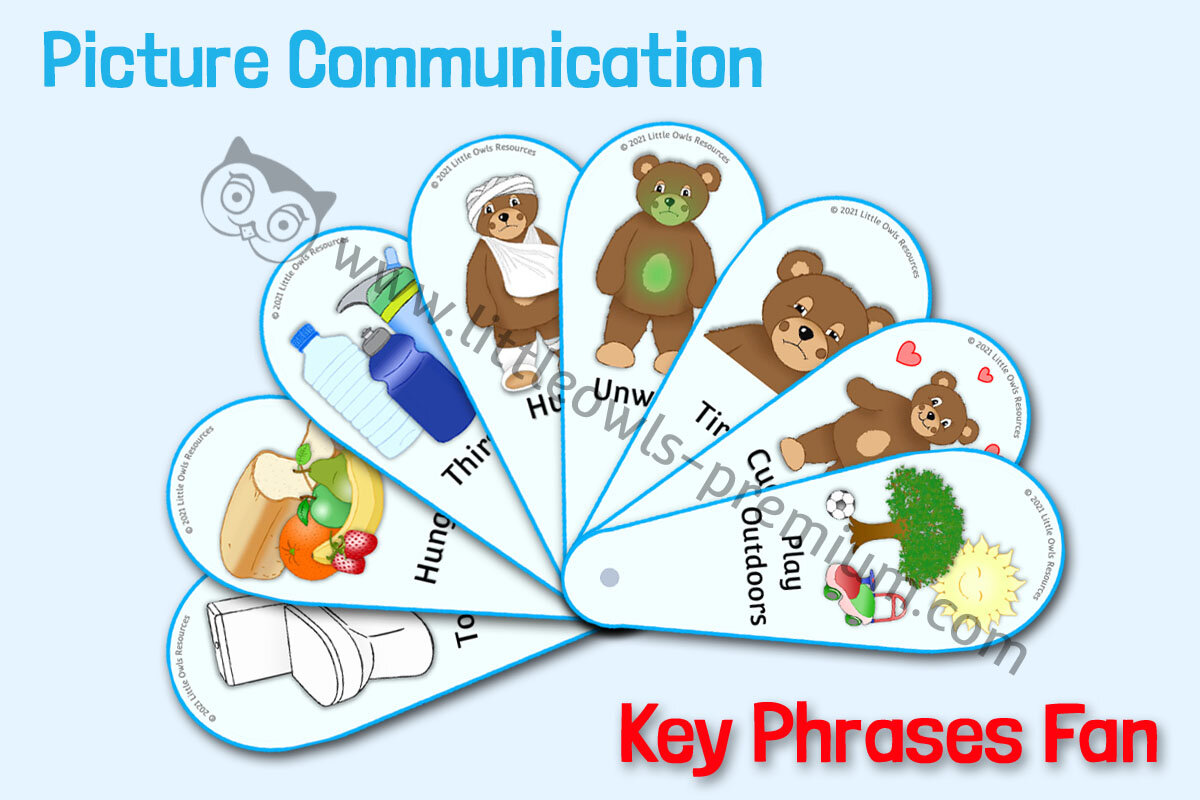

















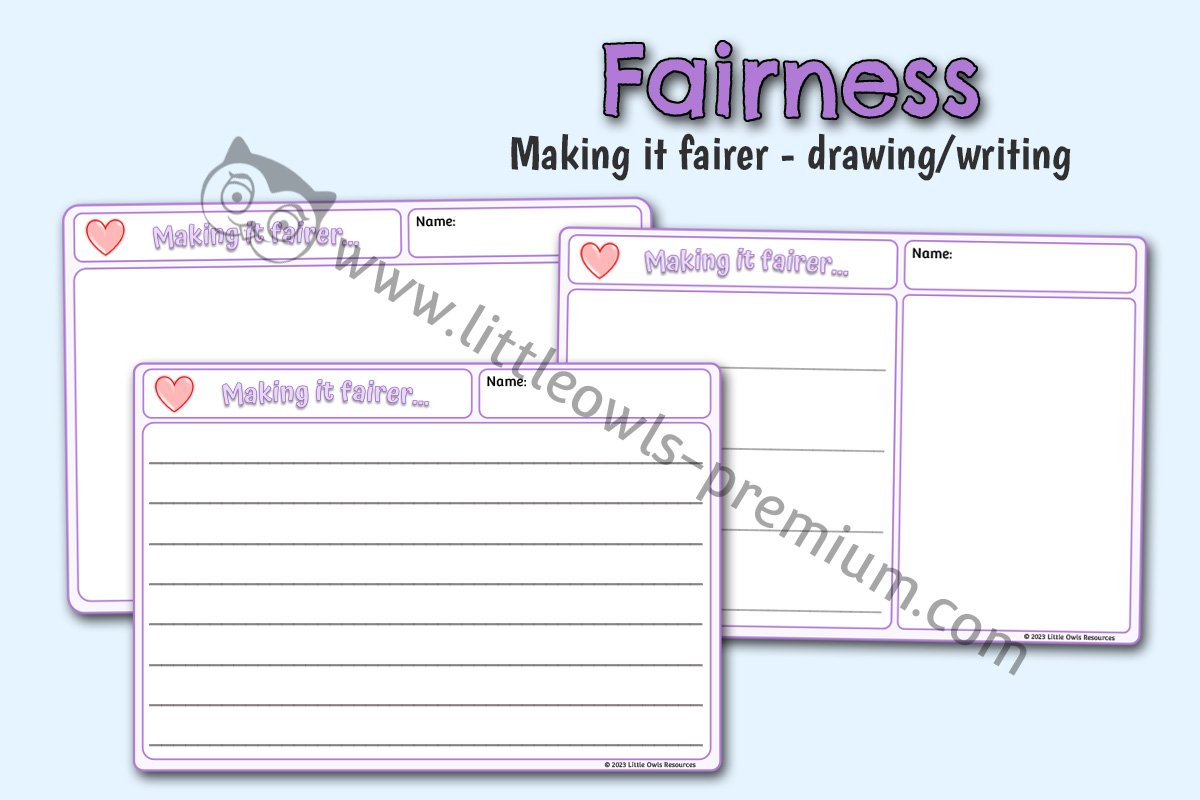
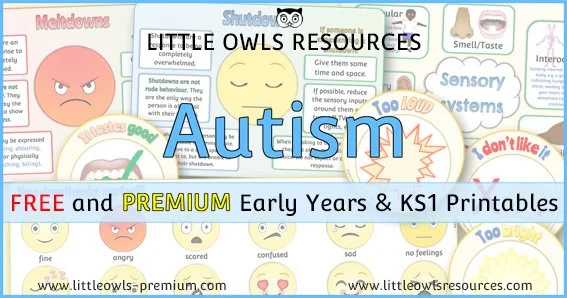
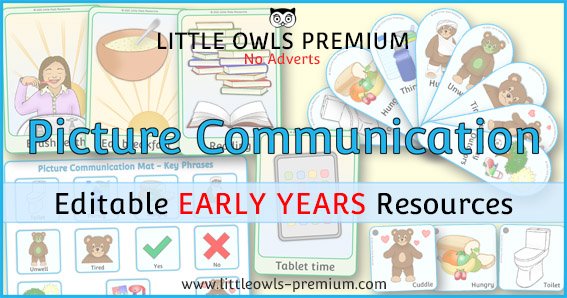
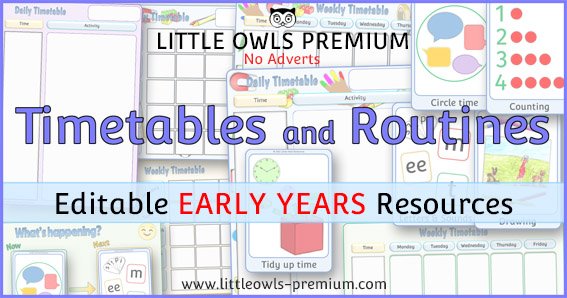







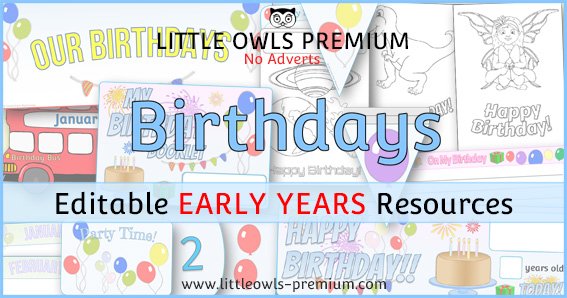

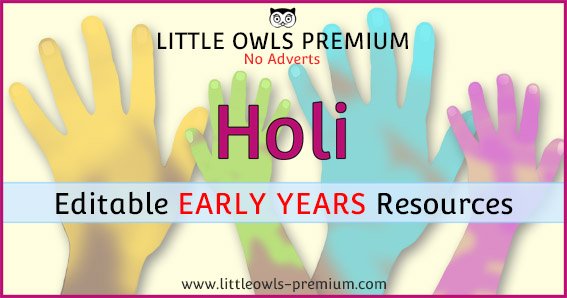
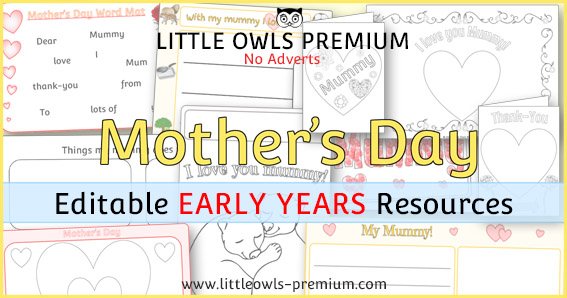

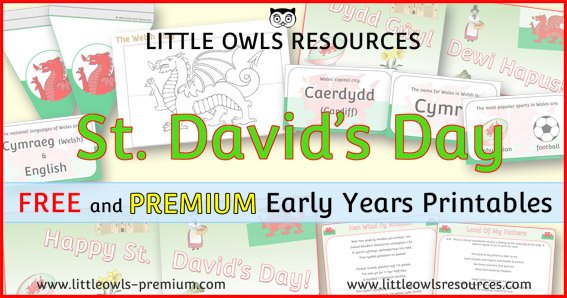
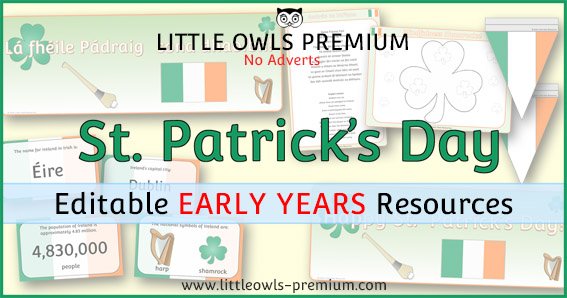















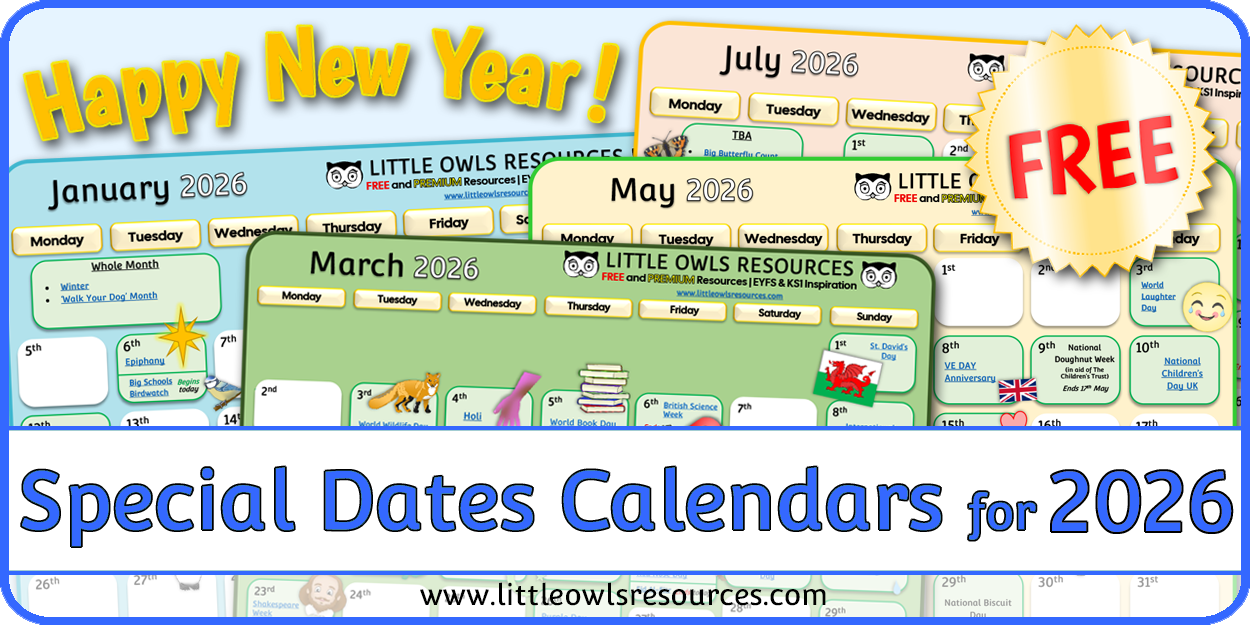
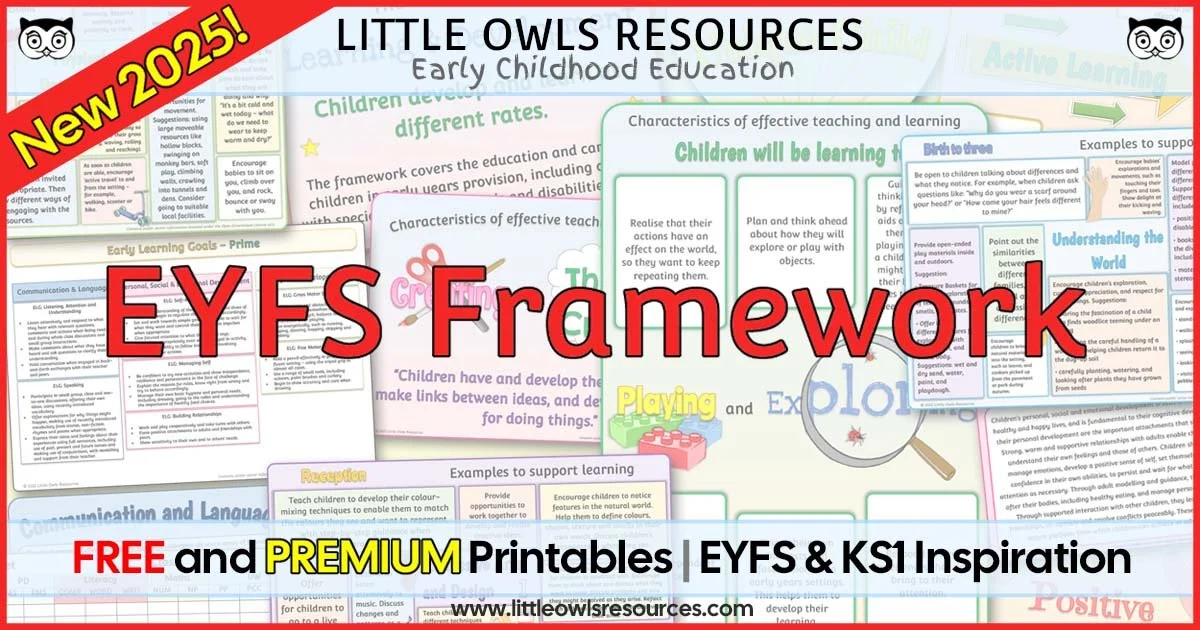

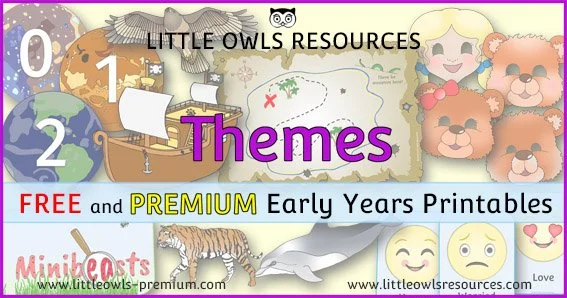

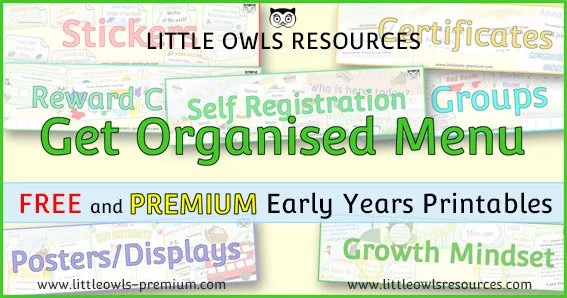

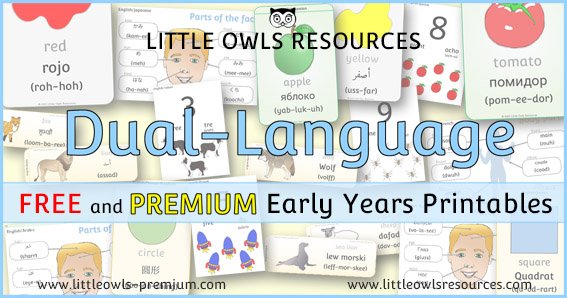
Let's learn about being kind and understanding towards everyone, especially for Purple Day! 💜🎗️ Purple Day is a special international day celebrated every year on March 26th. It was started in…